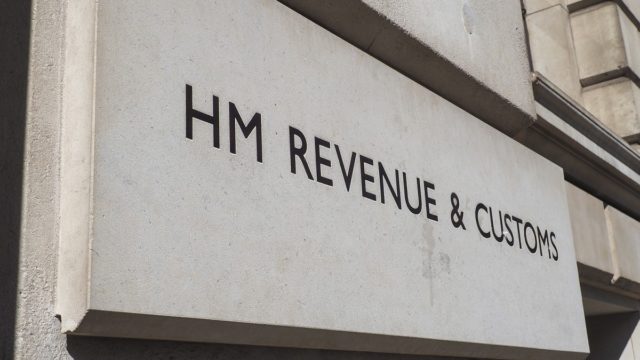- Home
- Publications
- Public-Sector Wages: A View From Economic Theory
Public-Sector Wages: A View from Economic Theory
 Pub. Date
Pub. Date
11 May, 2023
 Pub. Type
Pub. Type

External Authors

Gomes, Pedro
Related Themes
Political EconomyPublic-sector wages: a price or a policy?
- In a well-functioning private-sector labour market, the wage is an allocative mechanism that responds to market forces of supply and demand. In the public sector, wages are an allocative mechanism, but also a policy instrument. The government has the power to unilaterally change the conditions of many of its labour contracts. Plus, wage growth is one of the key political decisions when preparing the yearly budget.
- Ideally, policymakers should set employment at a level high enough to produce the public goods that the citizens wish for and pay a wage that clears the market. In general, that is the wage paid by the private sector, except when the public sector offers additional compensating benefits, like job-security, better pensions, or better work-life balance. In those cases, the public(-sector) wage should reflect those differences and be lower than that of the private sector. Out of a perfect world, wage determination is much more complex, because public wages are used as an instrument to achieve many, sometimes conflicting, objectives, creating differentials with the private sector and imbalances in the labour market.
Related Blog Posts

Blog
What Can Policy Makers Learn From Adam Smith?
Sayantan Ghosal
Graeme Roy
11 Mar 2024
5 min read

Blog
Reflections on the 2024 Spring Budget: What Was and Wasn’t Addressed
Monica George Michail
Stephen Millard
11 Mar 2024
5 min read

Blog
How the Chancellor’s Budget Could Help Households and the Struggling Regions
Arnab Bhattacharjee
Robyn Smith
Adrian Pabst
04 Mar 2024
6 min read

Blog
Adam Smith’s Division of Labour in Today’s World of Global Markets
Diane Coyle
25 Jan 2024
4 min read
Related Projects

Related News


Related Publications

publication
Job Boom or Job Bust? The Effect of the Pandemic on Actual and Measured Job and Employment Growth
07 Feb 2024
UK Economic Outlook Box Analysis

publication
Implications of the Transition from Defined Benefit to Defined Contribution Pensions in the UK
07 Feb 2024
UK Economic Outlook Box Analysis

publication
Geopolitical Risks and the Global Economy
07 Feb 2024
Global Economic Outlook Box Analysis

Related events

What Can Policy Makers Learn From Adam Smith?
2023 marked the tercentenary of the birth of Adam Smith. As we move into 2024, a year where we will likely see a General Election, we ask what can policy...
15:30 to 17:30
30 January, 2024

NMITE and the Political Economy of Higher Education – Jesse Norman
NMITE and the Political Economy of Higher Education Throughout its history UK Higher Education has rarely been out of the headlines. Today, it is assailed by public concerns about...
15:00 to 16:00
4 July, 2023

Economic Effects of Russia’s Invasion and Sanctions
Join us for a presentation by Iikka Korhonen, the director of Bank of Finland Institute for Emerging Economies, and Elisa Newby, the General Secretariat of the Central Bank of Finland,...
11:00 to 12:30
16 March, 2023

2022 Deane-Stone Lecture – The Uses and Abuses of Economic Statistics
The 2022 Deane-Stone Lecture on Economic Measurement will be delivered by Stian Westlake, on ‘the uses and abuses of economic statistics’, and how economic statistics find their way into public debate,...
17:00 to 18:00
6 July, 2022

The Political Economy of Devolution in, and Secession from, the UK
What are the prospects for devolution and secession in the United Kingdom? Nearly twenty-five years after certain powers were devolved to Scotland, Wales and Northern Ireland, the future of UK...
10:00 to 16:00
19 November, 2021

What Next for the Levelling-Up Agenda? Addressing New and Old Challenges in the UK Regional Inequalities Landscape
You can download the slides from the event here. With Brexit and Covid-19 the UK is facing two large economic disruptions that are clearly affecting some places more negatively than others. In the absence...
14:00 to 15:00
22 July, 2020




